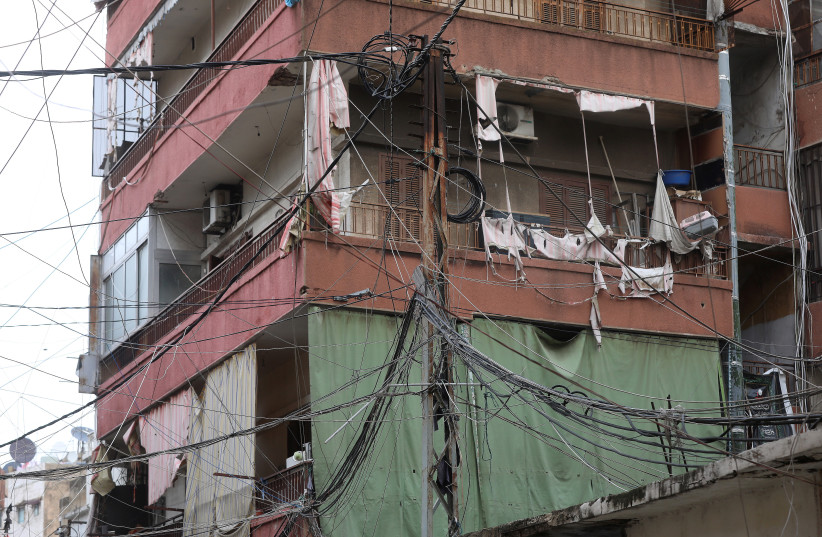Jordan will next week sign a deal with Lebanon and Syria to supply Lebanon with electricity under a US backed regional plan to help the country ease acute power shortages, the energy minister said on Wednesday,
Saleh Kharabsheh told state media the deal entails supplying Lebanon with 150 megawatts from midnight to 6 a.m. and 250 megawatts during the rest of the day.
Under a plan agreed between Lebanon, Jordan and Syria in October, Jordan would supply Lebanon electricity via Syria to help boost Lebanon's power output, which now delivers a few hours a day of electricity at best.
The plan, which has US backing, also aims to pump gas supplies through an Arab pipeline established about 20 years ago.
Washington recently told the Lebanese government it should not fear a US sanctions law over its plans to receive energy supplies that would have to transit Syria, which is subject to sanctions.


Lebanon is mired in a financial crisis, caused by a mountain of debt built up since the end of the 1975-1990 civil war, leaving the country struggling to find enough foreign exchange to pay for fuel and other basic imports.
